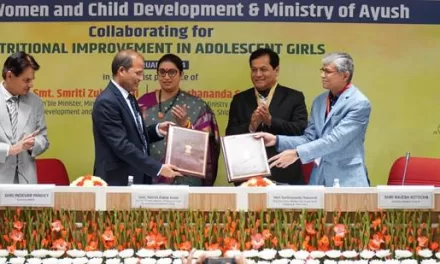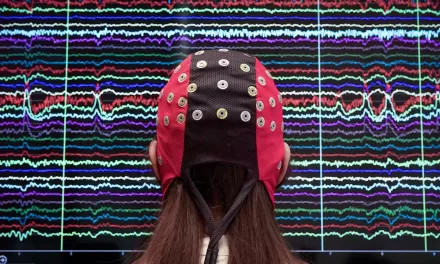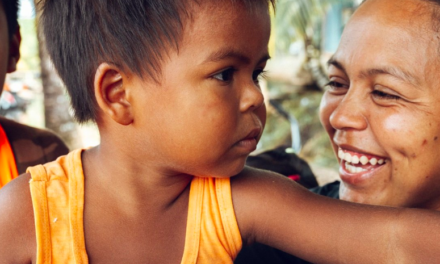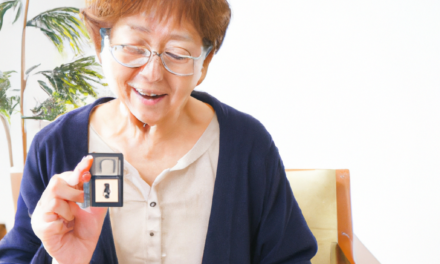
The World Health Organization (WHO) has released two information notes today, with practical guidance for clinicians and care givers, as well as community health workers, on the dosing and administration of bedaquiline and delamanid in children and adolescents with drug-resistant tuberculosis. The information notes complement the updated WHO guidelines and operational handbook on the management of TB in children and adolescents released in 2022
“Child-friendly formulations of bedaquiline and delamanid are now available. We need to ensure that children and adolescents of all ages can benefit from these new drugs and innovative regimens,” said Dr Tereza Kasaeva, Director of WHO’s Global Tuberculosis Programme. “These information notes provide clear and simple instructions for clinicians and caregivers on the use of these dispersible child-friendly formulations, but also on the use of adult tablets when child-friendly formulations are not available.”
The information notes also include instructions on the preparation of extemporaneous formulations of both medicines, which can be prepared in pharmacies or dispensaries with accessible ingredients and simple equipment. Additional information on the frequency of dosing and other aspects of administration such as the importance of food intake, as well as the management of adverse events, are also provided.
Bedaquiline is a component of the 9-month all-oral regimen, which is the treatment of choice for eligible children and young adolescents aged under 14 years with MDR/RR-TB, rather than longer (18 month) regimens. It is a group A medicine and a core component of longer individualized regimens for people who are not eligible for the 9-month all-oral regimen. Bedaquiline is also a core component of the 6-month regimen for MDR/RR-TB – BPaLM/BPaL (comprising bedaquiline, pretomanid, linezolid, with or without moxifloxacin), which is recommended by WHO for adolescents and adults aged 14 years and above as the regimen of choice.
Delamanid can be used as part of longer individualized regimens for people with MDR/RR-TB, including children and adolescents, who are not eligible for the 9-month all-oral regimen or the 6-month BPaLM/BPaL regimen.
With better options for treatment now available, efforts to find children with drug-resistant forms of TB need to be scaled up, so that even the youngest children can benefit from better and shorter treatment and lead healthy and productive lives.











